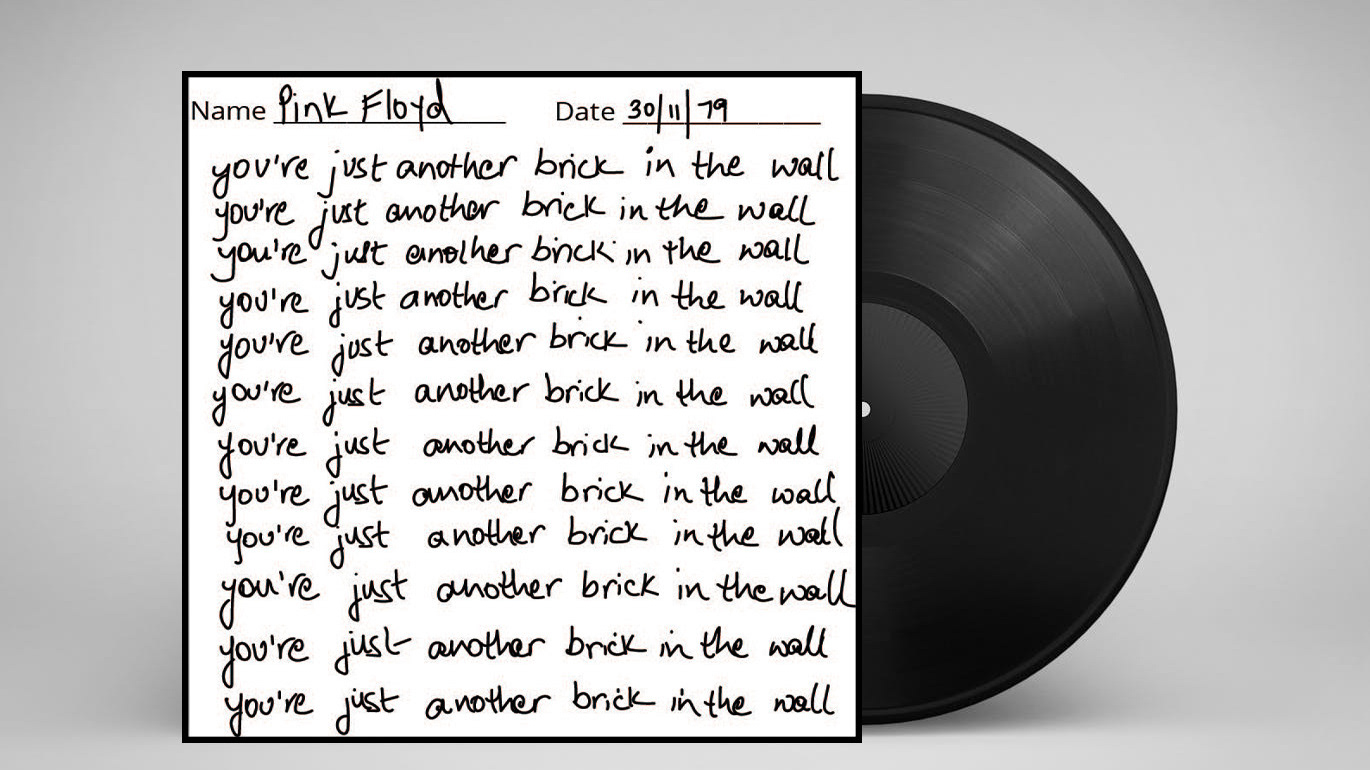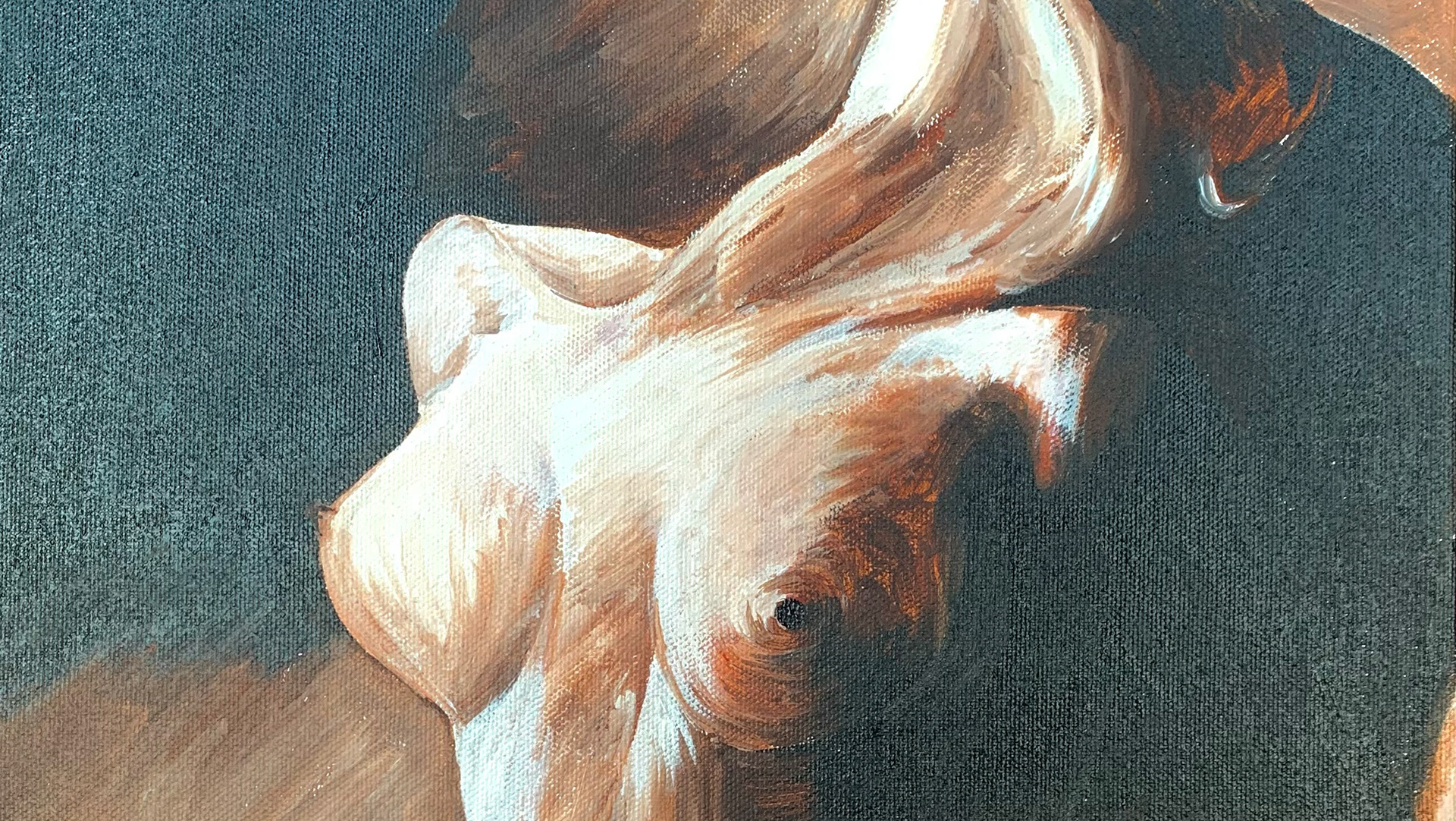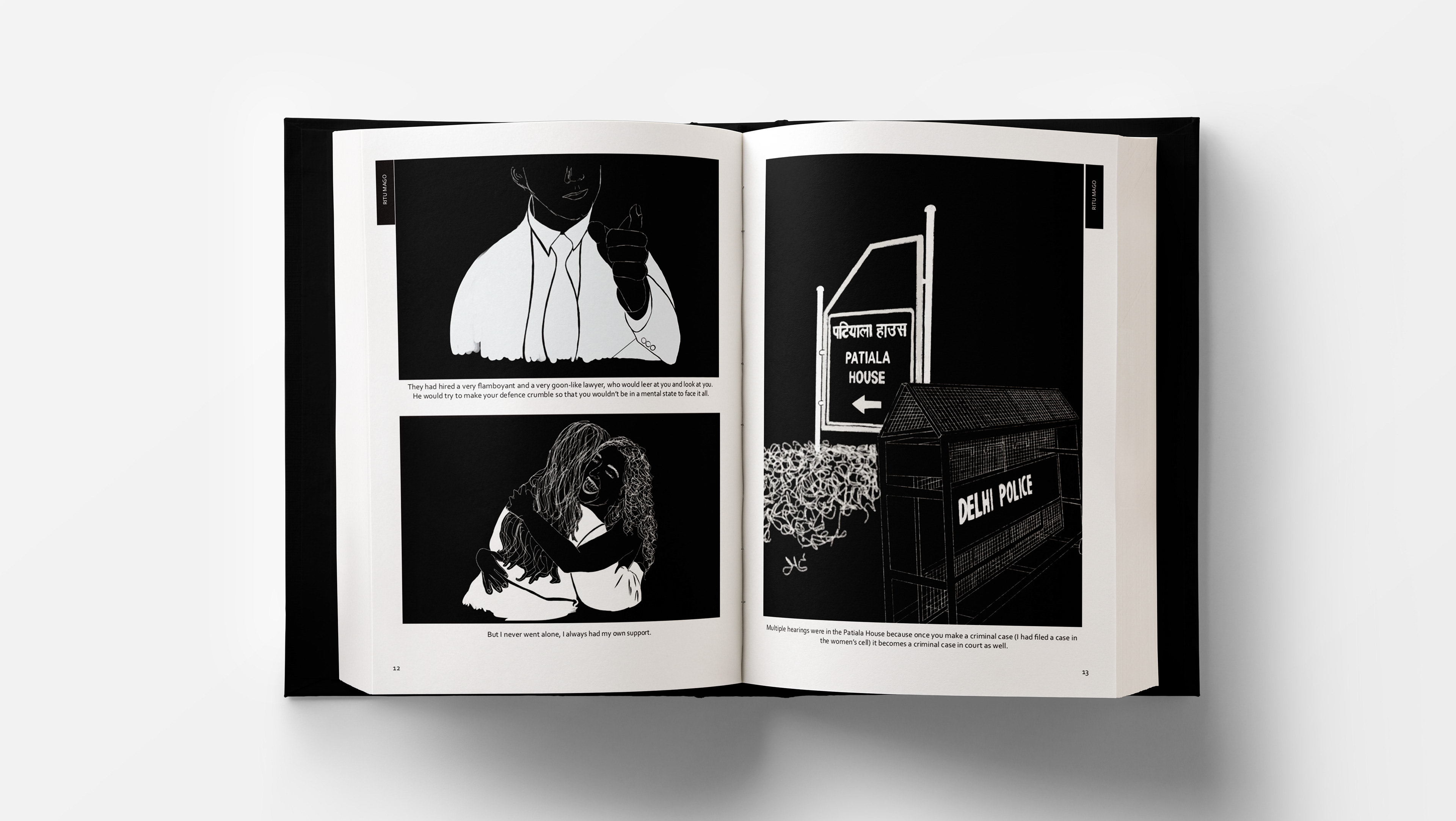This project is an extensive study on the politics and history of the ‘roti’, also known as a ‘chapati’. The study focuses on gender roles and dynamics within an Indian household and explores the process of roti or chapati making as unpaid labor through exploring the different processes involved in making a roti.
Furthermore, this project aims to celebrate the process of making by exploring forgotten and less recognized forms of folk art that relate to this humble daily process, including the practice of Jayavarchi Ovi, or Grindmill songs. Nani ke haath ki Roti translates from Hindi to Roti made lovingly by my grandmother.
This project is also a case study on my maternal grandmother's life as a housewife, from the perspectives of her children.
Furthermore, this project aims to celebrate the process of making by exploring forgotten and less recognized forms of folk art that relate to this humble daily process, including the practice of Jayavarchi Ovi, or Grindmill songs. Nani ke haath ki Roti translates from Hindi to Roti made lovingly by my grandmother.
This project is also a case study on my maternal grandmother's life as a housewife, from the perspectives of her children.




